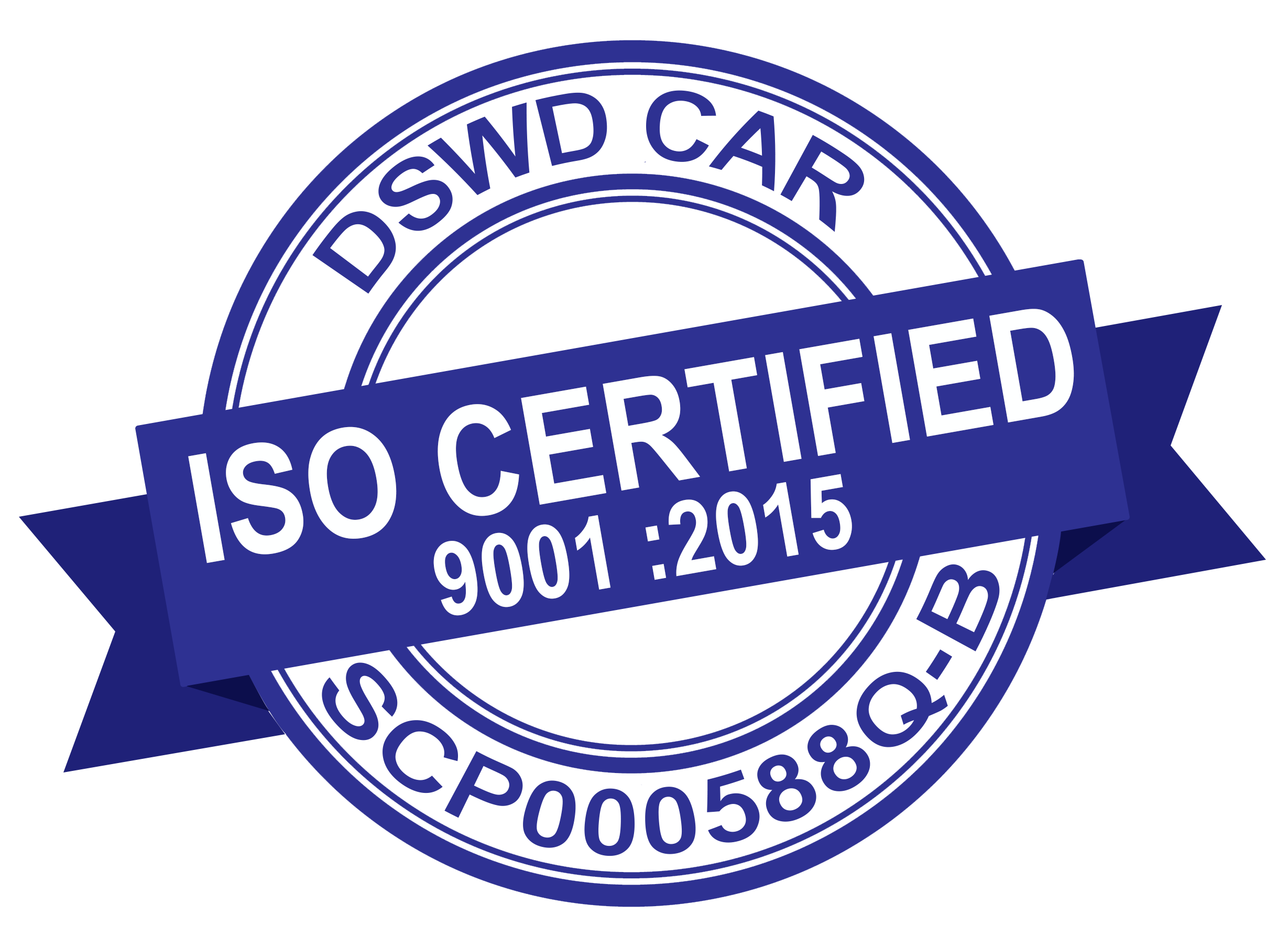Cordillera Administrative Region- The Department of Social Welfare and Development (DSWD) here calls on the public to be vigilant and proactive in addressing child abuse cases in the Region.
“Huwag kayong matakot magsumbong. Kahit sino, maaring mag-report sa kinauukulan upang matigil ang kahit anong porma ng pang-aabuso lalo na sa mga bata”, DSWD-CAR Regional Director Janet P. Armas said.
Guided by Republic Act (RA) 7610, Director Armas underscored the role of the public in reporting cases involving violence and abuse against children.
Section 27 of RA 7610 or an oAct Providing for Stronger Deterrence and Special Protection against Child Abuse, Exploitation and Discrimination states that “complaints on cases of unlawful acts committed against children may be filed by the offended party, parents or guardians, relatives of the victim, officer/ social worker or representative of a licensed child-caring institution, officer/ social worker of the Department of Social Welfare and Development, Barangay Chairperson, or at least three (3) concerned responsible citizens where the violation occurred.
“It is in the law. Anyone can report these cases. Kung wala kayong malalapitan, visit the social workers so we can link you to the proper authorities and offices for necessary interventions”, Director Armas said.
In 2013, the Committee for the Special Protection of Children of the Department of Justice approved a resolution stating the protocol for case management of child victims of abuse, neglect and exploitation.
The said protocol highlights the roles and responsibilities of government agencies and their partners, from reporting or referral of the child abuse case to its termination, in ensuring that the cases are dealt with in a child-sensitive and appropriate manner.
The protocol also states that reports on child abuse case can be made orally or in writing to any of the following:
1. Department of Social Welfare and Development (DSWD);
2. Commission on Human Rights (CHR);
3. Local Social Welfare and Development Office (LSWDO) of the municipality, city or province;
4. Philippine National Police (PNP);
5. National Bureau of Investigation (NBI);
6. Other law enforcement agencies;
7. Punong Barangay or tribal leader;
8. Barangay Kagawad;
9. Any member of the Barangay Council for the Protection of Children (BCPC); or
10. Barangay Help Desk Person or violence against women (VAW) Help Desk Officer.
“The barangay is the nearest place where the child victim or the witness may run to and seek assistance. Victims and witnesses may also report directly to the nearest law enforcement agency and seek assistance of any women and children protection desk of the PNP or of the NBI”, Director Armas said.
After a blotter is made, a licensed social worker from the LSWDO or the DSWD will intervene for the proper management of the case. The DSWD or the LSWDO social worker conducts intake interview, safety and risk assessments, home visits, collateral interviews, and regularly monitors the safety and the condition of the victims. The social workers also prepare social case study and plan a comprehensive healing and reintegration program for the victim.
“Ending all forms of violence and abuse against children is not a sole challenge of DSWD and the Government. This is a concern of every individual in the community. The DSWD and its partners can only do so much, but the active engagement of the public is the key in addressing this issue. Each one has a role to play in helping our children live in a safe and happy community”, Director Armas added.
Aside from case management and psychosocial interventions, the DSWD-CAR also maintains facilities that cater to children victims of abuse and violence. The Regional Haven for Women and Girls is a center for vulnerable, disadvantaged, and abused women needing protective custody and psychosocial care. On the other hand, the Reception and Study Center for Children is a 24-hour residential facility for children 0-6 years old to fulfill growth, development, safety, and security needs of children in the center. It provides protection and rehabilitation services through temporary residential care to neglected, abandoned, abused, exploited children and those with special needs.
Individuals with concerns or queries may visit DSWD-CAR at #40 North Drive, Baguio City or call (074) 661-04-30 or visit the nearest LSWDO in their area. #DSWD-CAR, SOCIAL MARKETING UNIT, Nerizza Faye G. Villanueva




